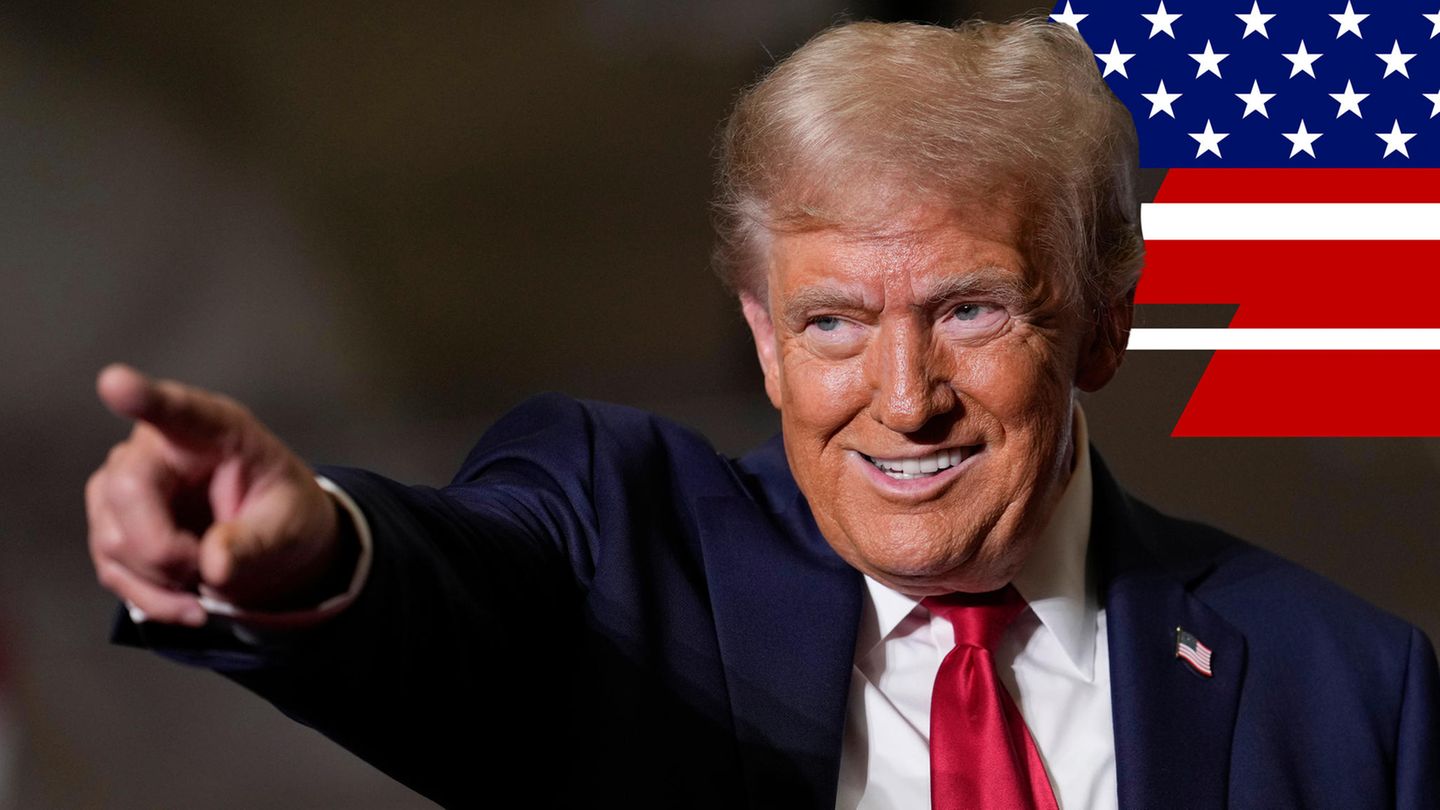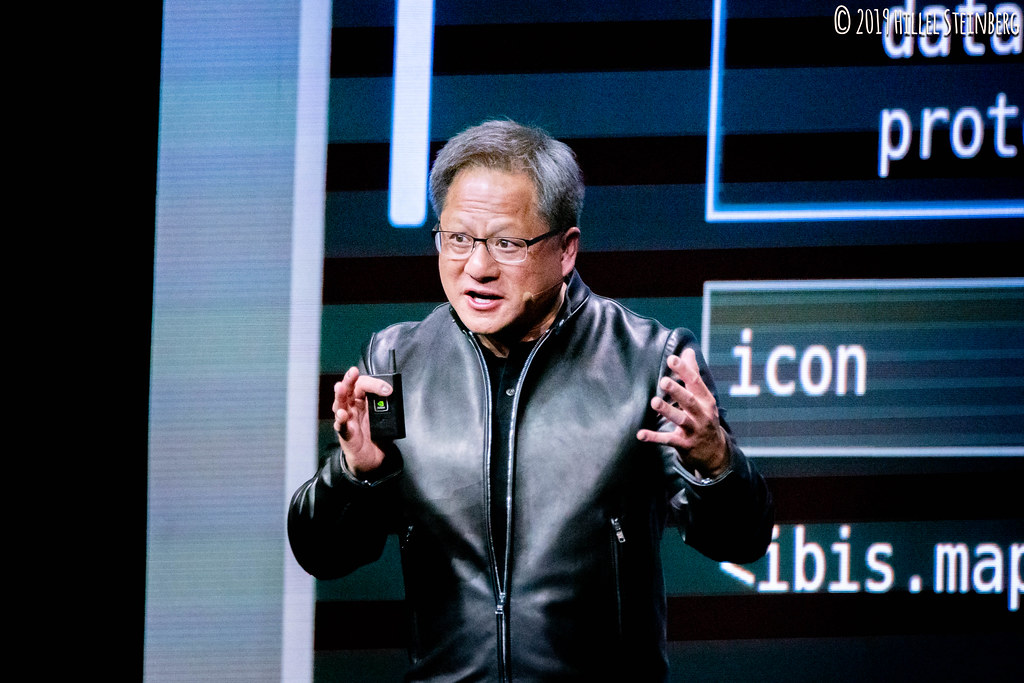The National Security Counselors, representing federal employees and whistleblowers, has launched a lawsuit against the Department of Government Efficiency (DOGE) led by Elon Musk. The legal action stems from a controversial move to grant DOGE personnel access to classified information traditionally reserved for those with security clearances and a specific need to know. This lawsuit marks a significant development in a series of contentious decisions surrounding the department.
Unauthorized Access Raises Security Concerns
The situation escalated further when DOGE appointees were given full access to the government’s payment system following the sudden departure of David Lebryk, the top civil servant at the Treasury Department. Critics argue that such access should remain tightly controlled to maintain security and transparency. Meanwhile, USAID, an agency responsible for billions in humanitarian aid and development funding, saw its entire executive team and deputies vanish without explanation, raising alarms across Washington.
Political appointees at the Office of Personnel Management (OPM), many seemingly in their early twenties, have also drawn scrutiny. Concerns have been voiced regarding their qualifications and intentions, as they sought access to USAID security systems and personnel files. Career civil servants at OPM found themselves relocated from their offices, adding to the mounting unease.
Musk’s Growing Influence
Musk’s influence extends beyond DOGE, impacting agencies like the General Services Administration (GSA). Some of Musk’s top aides have been directly involved with or advising at OPM since the inauguration, intensifying debates over government control and decision-making.
“I have a hard time thinking of anyone who has exerted the kind of power and control that he has exerted over government operations in the last week,” Kathleen Clark remarked, illustrating the gravity of the situation.
The conflict has drawn criticism from various quarters, including Brian Riedl, who emphasized the limitations of presidential authority in restructuring federal agencies.
“The president has zero legal authority to ‘shut down,’ defund, or otherwise cripple a $50 billion agency. Audit it, identify unnecessary expenditures, draft reform or rescission proposals, and then go to Congress to PASS A LAW,” he stated emphatically.
The legal challenge centers on accusations against the administration for not conducting a required data security assessment when establishing an OPM email distribution system for mass emails to federal civil servants. The necessity for stringent cybersecurity protocols has been underscored ever since a 2015 hack compromised sensitive information of approximately 21.5 million people.
Kel McClanahan, representing the plaintiffs, expressed frustration with the complexity of litigating against such a powerful entity.
“That’s why this whole mishmash is so troubling,” McClanahan noted, highlighting the challenges faced in pursuing legal action.
McClanahan further elaborated on the role of special government employees in this scenario.
“Special government employees are sort of like super-volunteers. They’re more empowered but less encumbered,” he explained, shedding light on the unique positions within the government framework.
Compounding these issues is the apparent lack of response from key government offices. The White House press office has not replied to multiple inquiries from CNN seeking clarity on these developments.
DOGE appointees have reportedly clashed with Lebryk over halting specific federal payments, intensifying internal discord. As legal proceedings unfold, the administration faces increasing pressure to address concerns about transparency and accountability.
Author’s Opinion
The lawsuit against the Department of Government Efficiency underscores the delicate balance between innovation in government operations and the protection of established protocols critical for national security. As this legal battle unfolds, it will test the boundaries of executive power and the resilience of the federal oversight systems designed to protect the nation’s interests.










